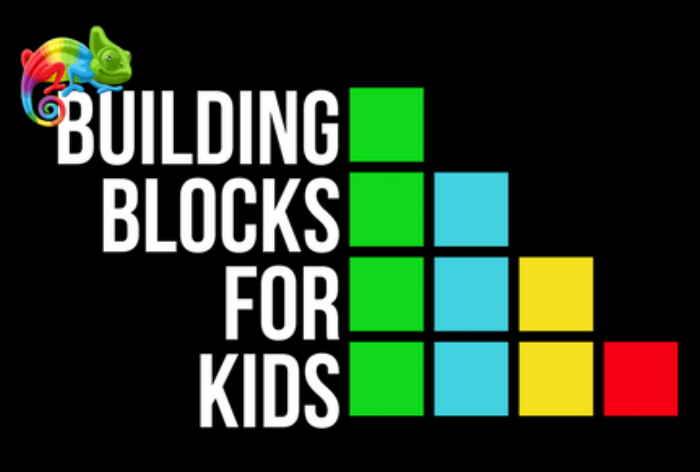Last week, I found a LinkedIn Learning course by Winnie Sun called Managing your Finances in a Financial Downturn. It struck my interest and has also seemed to be popular among the followers of the LinkedIn Learning Community. Here, I am breaking down my takes on the topics that are covered in the course.
Budgeting and Reducing Costs
Is it surprising that 2 in 3 Americans don’t follow a budget?
Somehow, I am not surprised because I was never taught what a budget looked like. I have had a vague idea of what I was spending money on, but I am guilty of slapping the word “budget” onto that and calling it a day.
There are, of course, many factors at play for different people that make budgeting difficult. Psychologically, we want to avoid the dread that comes along with checking our bank account or reading through our credit card statements. It also takes organization and time to create a budget -- things that are considered luxuries for many Americans.
However, budgets are an essential part of personal finance. Keep in mind, we should be aware that our own spending habits will not necessarily look like everyone else’s. Budgeting doesn’t mean that you need to stop spending money on the things that you love. It also doesn’t mean there is a perfect ratio for spending to follow. Essentially, a budget should be unique to you.
The course suggests that you pull out your bank and credit card statements and start working on a spreadsheet. It helps to have historical data for a few months in order to determine the best and most accurate way you spend money. After doing this, Winnie Sun would encourage you to not be disappointed at what you find -- according to her work in personal finances, nearly all her clients are spending more money than they think they are.
Because this current financial downturn and the COVID-19 pandemic, we are inside more than ever. Winnie has some suggestions specific for these times. For example, she suggests reconsidering auto insurance, homeowners insurance, and travel credit cards since we should be questioning whether these things are worth the money.
2. Being Prepared for the Future
In order to be prepared for the future, we should be organized with our goals. One of the biggest parts of staying organized in our finances is to keep all of our important documents in one safe place, whether it is in a weatherproof box or safely encrypted online. There are a lot of documents that can and should be included in this collection: budget worksheets, credit report, social security statement, debit card statements, credit card statements, bank statements, life insurance, mortgage statements, HELOC, house title, car title, car statements, passport, TSA documents, will and trust. They are all important and should be available for you or your family if anything ever needs to be pulled up.
Arguably, the more exciting part of preparing for your future would be to create and envision some of your financial goals. These will be different for every person and should be things that make you happy to achieve. I would suggest really reflecting on what you would like to accomplish to make you satisfied. That being said, it is hard to drown out the expectations that society has and I appreciate how Winnie addressed that the news, from the media, or even our friends can cause unnecessary anxiety.
Overall, I thought it was helpful to hear from Winnie Sun and found it valuable that the information was short, current, and applicable. Her course is linked below and available on Linkedin Learning. The videos can be viewed within 15 minutes of your time, but the time to work out your budget, to collect your documents, and to do your own research can vary.
Sources:
Personal Finance Statistics https://www.debt.com/statistics/
Course on Linkedin Learning https://www.linkedin.com/learning/managing-your-finances-in-a-financial-downturn/keys-to-financial-success-in-a-downturn?u=2163426


